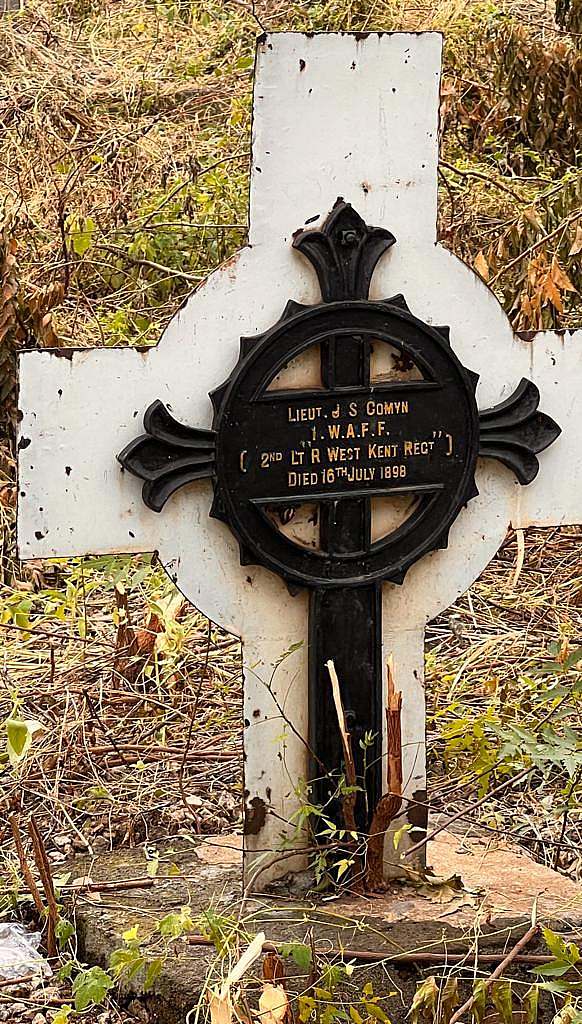European penetration into Lokoja in the early nineteenth century created significant landmarks in the history of the town.
Inspired by the exploration journeys of Mungo Park, who in 1775 explored the Niger on behalf of the African Association, British explorers embarked on various exploratory journeys.
These were aimed, primarily, at exploiting the rich confluence resources, as well as finding viable outlets for the growing European manufactures. The 1832 expedition, led by Mcgregor Laird and Richard Lander; the expedition, commanded by Captain Trotter and Commanders William and Bird Allen; and the 1854 and 1857 expeditions under Dr. Balfour Baikie were undertaken to achieve these objectives.
Consequently, Lokoja was catapulted from a transit trading point to a viable commercial centre. By 1860, a permanent British settlement under Dr. Balfour Baikie was established and the machinery for the smooth exploitation of the local potentials was set up.
The British settlers built ware-houses, stores and factories along the Niger. The steamers made fortune through the shipment of trade goods. Traders came from as far as Kebbi, Kano and Sokoto to exploit the trade opportunities. A consulate was established in Lokoja in 1865 to ensure the protection of the British commercial interest and the safety of the British subjects in the area.  By 1875, four Europeans firms-Miller Brothers, the West African Company, the Central Africa Company and James Pinnock-were operating on the Niger. These Companies were amalgamated, along with others, in 1882 by George Tubman Goldie, to form a strong monopolistic company named, the United Africa Company’ (U.A.C).
By 1875, four Europeans firms-Miller Brothers, the West African Company, the Central Africa Company and James Pinnock-were operating on the Niger. These Companies were amalgamated, along with others, in 1882 by George Tubman Goldie, to form a strong monopolistic company named, the United Africa Company’ (U.A.C).
This development enabled the company, later reconstituted under a new name as National African Company (N.A.C), to dominate the confluence trade and, eventually, to drive away or buy over all rival French companies, established earlier on the Niger and Benue Rivers and their hinterland.
By 1886, N.A.C. was granted a charter by the British government to administer, on its behalf, the region north of the Confluence. Thereafter, it became known as the Royal Niger Company (R.N.C.).
The activities of R.N.C. culminated in the declaration of the Northern Nigeria Protectorate by the British Government, which finally assumed direct responsibility for her new colony, Sir Fredrick Lugard, then Colonel and Commissioner, and Commandant of the British troops in the area was sworn in January 1, 1900 as the firs Governor of the Protectorate. The ceremony took place at Lokoja and the Union Jack was hoisted, ending R.N.C. rule. Although, Lokoja lost its headquarter status in 1904 to Zungeru and later to Kaduna, it remains in history as the first British settlement in Nigerian and an important center for the exchange of international goods between the later half of the 19th and early 20th centuries.
The ceremony took place at Lokoja and the Union Jack was hoisted, ending R.N.C. rule. Although, Lokoja lost its headquarter status in 1904 to Zungeru and later to Kaduna, it remains in history as the first British settlement in Nigerian and an important center for the exchange of international goods between the later half of the 19th and early 20th centuries.
In defence of Communal Values.




